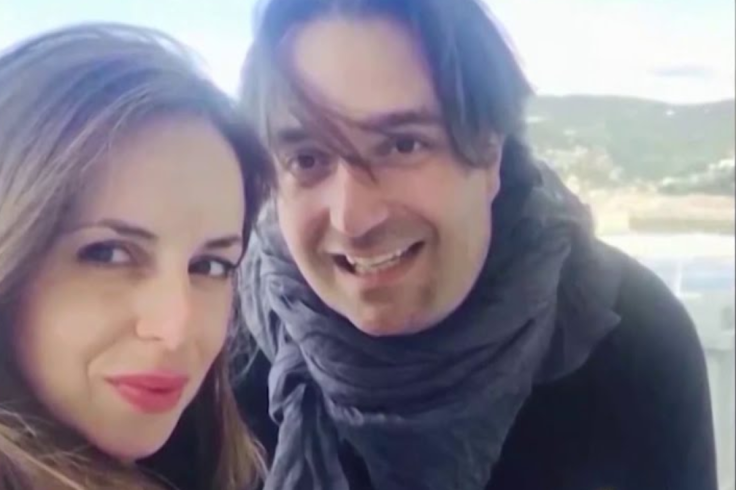Brian Walshe Confesses to Misleading Police as Murder Trial Looms
Partial plea deepens mystery

Brian Walshe, the Massachusetts man accused of murdering his wife Ana Walshe in 2023, has pleaded guilty to misleading police and disposing of her body. The partial admission came just as jury selection was set to begin, leaving the most serious charge of murder unresolved ahead of his trial scheduled for 1 December.
The Partial Guilty Plea
Appearing in Norfolk Superior Court, Walshe admitted to intentionally deceiving investigators and to disposing of his wife's body after her disappearance. Judge Diane Freniere questioned him directly, asking whether he had misled law enforcement and conveyed Ana's remains. Walshe responded: 'Yes, Your Honour.'
His lawyer clarified that while Walshe accepted responsibility for misleading police and disposing of the body, he was not admitting to murder. Prosecutors rejected any plea deal that did not include a murder confession, forcing the case forward to trial.
Impact on the Investigation
Prosecutors argued that Walshe's false statements, including claims that Ana had travelled to Washington, DC, for work, diverted investigators and hindered the search. Assistant District Attorney Gregory Connor told the court that Walshe's actions meant police lost the chance to recover her remains. He admitted to placing body parts in large bins, which were later incinerated as part of routine waste disposal.
Evidence gathered during the investigation included surveillance footage of Walshe purchasing cleaning supplies and tools, a hacksaw with bone fragments found near his mother's home, and disturbing Google searches allegedly made on his son's iPad. These searches included phrases such as '10 ways to dispose of a dead body if you really need to' and 'hacksaw best tool to dismember.'
Legal Arguments and Sentencing
Court documents show Walshe pleaded guilty to 'willfully conveying' Ana's body and misleading police during interviews in January 2023. His lawyers argued that he had the right to plead guilty voluntarily, even without a negotiated deal. They requested that his sentence for misleading police not exceed four to six years, while the disposal charge carries a maximum of three years.
The prosecution opposed the timing of the plea, warning that its public release just days before trial could affect jury impartiality. Judge Freniere reminded jurors that an indictment does not prove guilt and emphasised that the prosecution must establish their case beyond a reasonable doubt.
The Murder Charge Still Ahead
Despite the admissions, Walshe continues to deny killing Ana. Prosecutors allege he assaulted and beat her with the intent to murder, motivated by suspicions of infidelity and marital strain. Blood evidence and a damaged knife were found in the couple's basement, and investigators claim Walshe spent hundreds of dollars on cleaning supplies the day after Ana was last seen.
Ana Walshe, a 39-year-old mother of three and a real estate executive, was last seen on New Year's Day 2023. Her employer raised the alarm days later, prompting police to question Walshe. He told them she had left early for work, a statement later proven false.
The couple's three children remain in state custody. If convicted of first-degree murder, Walshe faces a mandatory life sentence without parole.
The partial guilty plea has intensified scrutiny of the case, raising questions about Walshe's strategy and the impact on jury perception. While he has admitted to concealing evidence and misleading investigators, the central issue of whether he killed Ana remains unresolved. The trial beginning in December will determine whether his admissions are enough to sway jurors or whether the prosecution can prove murder beyond a reasonable doubt.
© Copyright IBTimes 2025. All rights reserved.





















